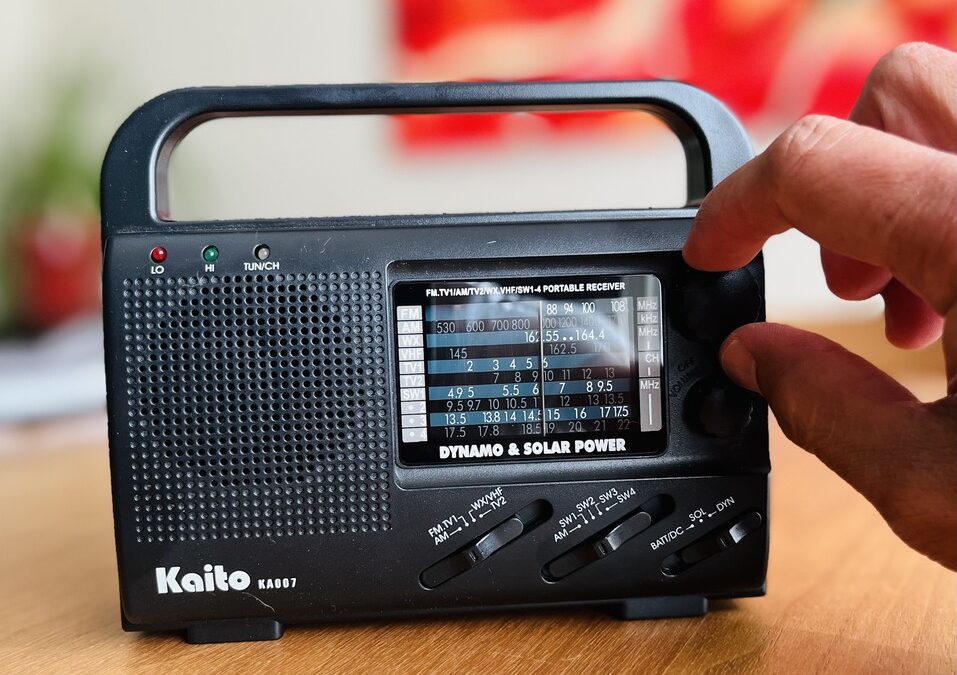Find the Signal, Filter the Noise: the most important thing you can do to maximize your life.
A common metaphor and phrase heard in the vernacular of the startup and tech community is to “find the signal.” It’s particularly apt for companies trying to bootstrap their way to success, let alone sheer existence. When a company is small and with limited resources, it can’t afford to squander its opportunities and every decision matters moreso than at a larger and more established organization. The margin of error is small to non-existent, which may explain why the majority of startups ultimately fail. In a data-driven culture and environment, one poor choice, no matter how informed, can doom a company so it becomes critical to find the data signals that matter most and to ignore the rest (aka noise).
This concept is not only important for companies but can be applied to us as professionals and individuals. In our information-rich and big-data digital era, we are inundated with data and media. According to IBM, over 2.5 quintillion bytes of data is produced every day (that’s 2.5 followed by 18 zeros, folks). There is simply more information than we can reasonably process. Therefore, the more adept we are at finding the critical signals amongst the noise will help us make better decisions and choices, and thus optimize positive outcomes.
Think about all the times you have had bad experiences, high stress, anxiety, and negative outcomes in your life. In hindsight, I suspect you can identify the mistakes that were made and why, and that much was due to allowing too much noise into your life and decision making. This noise can be in the form of the wrong people, circumstances, and options. On the otherhand, the positive experiences you’ve had likely have a common denominator: you tuned in the right signals.
Finding the right signal starts with knowing your authentic self: your core principles, values, and ethics. From there, you can develop a strong internal compass or gut intuition. This compass will enable you to tune in the signals that will be in alignment with who you truly are and what you genuinely want, rather than navigating the world based on external factors, forces, and noise that don’t really matter or can have a detrimental impact.
Our intuition is more powerful than you might think. This notion is advanced and discussed in a terrific article by Melody Wilding. In it, she writes:
Despite popular belief, there’s a deep neurological basis for intuition. Scientists call the stomach the “second brain” for a reason. There’s a vast neural network of 100 million neurons lining your entire digestive tract. That’s more neurons than are found in the spinal cord, which points to the gut’s incredible processing abilities.
Your intuition and inner compass is a powerful tool. Hone it, trust it, and use it in conjunction with the data around you to make better decisions and choices. In doing so, you will optimize finding your true and high-fidelity signals. Everything else is simply noise.


